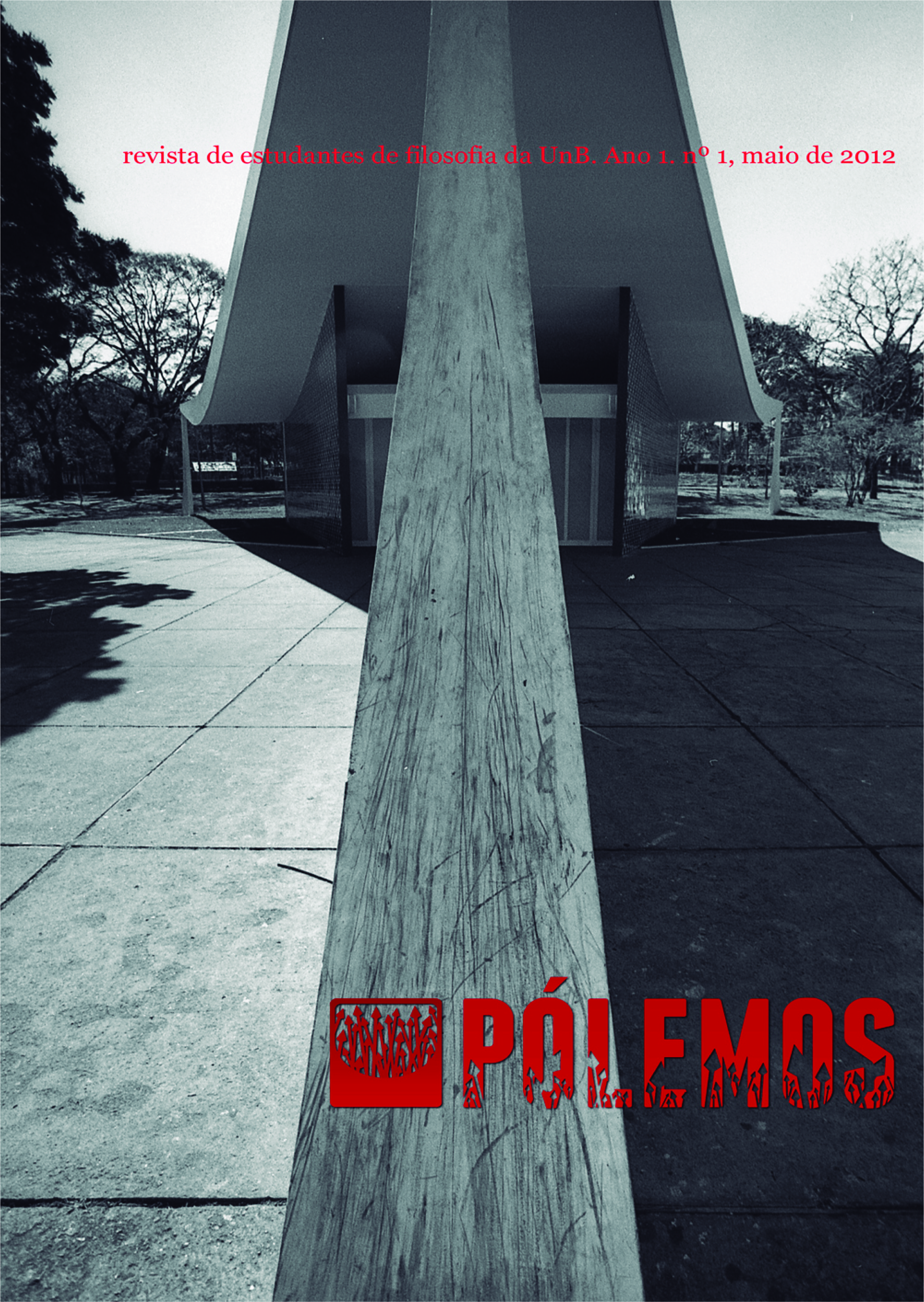THE PHENOMENOLOGY AND THE CRISIS OF IDENTITY IN PHILOSOPHY
DOI:
https://doi.org/10.26512/pl.v1i1.11490Keywords:
Philosophy. Crisis. Sciences. Phenomenology.Abstract
This paper analyzes the appearance of phenomenology as an attempt to overcome a crisis of identity that wasfound in the structures of philosophy, a result of wear the Hegelian idealism of the positive sciences and emancipation of the early nineteenth century. It aims also to demonstrate how Husserl sees the psychological tendency, which was considered a sufficient basis for the comprehension of knowledge during the referred period. The Husserlian proposal of rehabilitation of philosophy through phenomenology, is to raise the level of rigorousness, aiming to make it the basis of other sciences. According to Husserl the positive sciences are not capable of self justification. For this purpose, he seeks “a return to things themselves” in order to ensure safe ground for his venture, since he said the positive sciences cannot reach it by theirselfs. Thus, with the help of phenomenology, philosophy gained new ways to access objects and became synonymous of phenomenology.Downloads
References
ALES BELLO, A. Fenomenologia e ciências humanas: psicologia, história e religião. Organização e tradução de Miguel Mahfoud e Marina Massimi. São Paulo: EDUSC, 2004.
BODEI, R. A filosofia do século XX. Bauru: EDUSC, 2000.
CARMO, R. E.Fenomenologia existencial: estudos introdutórios. Belo Horizonte: O Lutador, 1974.
COLOMER, E. El pensamiento alemán de Kant a Heidegger. El postidealismo: Kierkegaard, Feuerbach, Marx, Nietzsche, Dilthey, Husserl, Scheler, Heidegger. Barcelona: Herder, 1990. v. 3. p. 335-405.
CHÂTELET, F. História da filosofia:de Kant a Husserl. 2. ed. Lisboa: Publicações Dom Quixote, 1995. v. 3.
DEPRAZ, N. Compreender Husserl. Tradução de Fábio dos Santos. Rio de Janeiro: Vozes, 2007.
HUSSERL, E.A crise da humanidade européia e a filosofia. Introdução etradução de Urbano Zilles. Porto Alegre: EDIPUCRS, 1996. p. 12-36.
___. Conferências de Paris. Lisboa: Edições 70, 1992a.
___. La filosofia como ciencia estricta. Traducción de Elsa Tabernig. Buenos Aires: Almagesto, 1992b.
___. Meditações Cartesianas: introdução à fenomenologia. Tradução Frank de Oliveira. São Paulo: Madras, 2001.
KUHN, T. A Estrutura das revoluções Científicas. 5ª ed., São Paulo: Perspectiva, 2000.
LEVINAS, E. Descobrindo a existência com Husserl e Heidegger. Lisboa: Instituto Piaget, s.d.. (Pensamento e Filosofia).
MERLEAU-PONTY, M. Ciências do homem e fenomenologia. Tradução, prefácio e notas de Salma Tannus Muchail. São Paulo: Saraiva, 1973.
SARTRE, J-P. A imaginação. Tradução de Salinas Fortes. São Paulo: Difusão Européia do Livro, 1964. p. 106 ”“120.
SCHNÄDELBACH, H.Filosofíaín Alemania. Tradução de Pepa Linares. Madrid: Cátedra, 1991.
Downloads
Published
How to Cite
Issue
Section
License
Copyright (c) 2016 Pólemos

This work is licensed under a Creative Commons Attribution-NonCommercial-NoDerivatives 4.0 International License.
Todos os trabalhos que forem aceitos para publicação, após o devido processo avaliativo, serão publicados sob uma licença Creative Commons, na modalidade Attribution-NonCommercial-NoDerivatives 4.0 International Public License (CC BY-NC-ND 4.0). Esta licença permite que qualquer pessoa copie e distribua a obra total e derivadas criadas a partir dela, desde que seja dado crédito (atribuição) ao autor / Ã autora / aos autores / às autoras.


